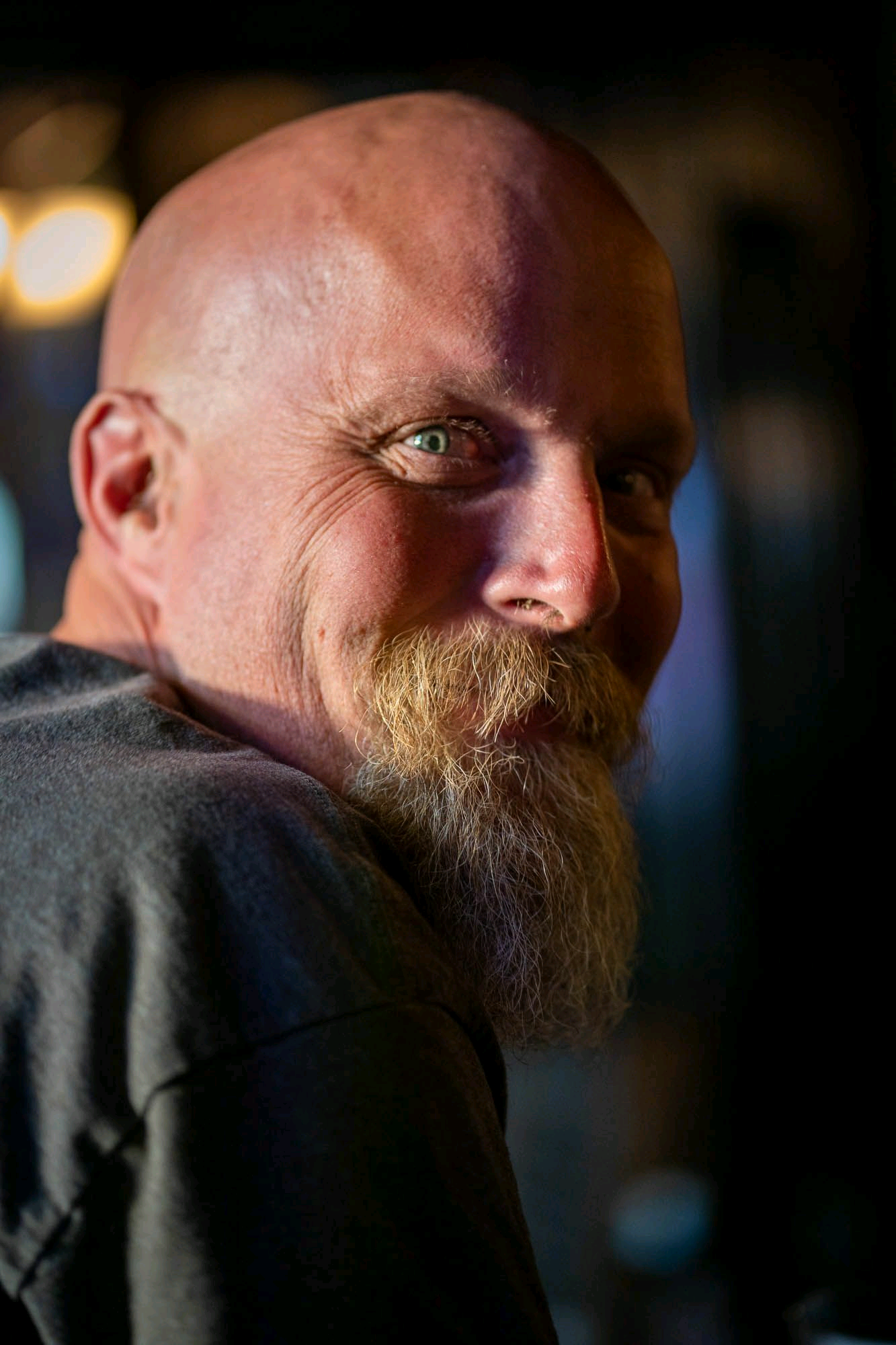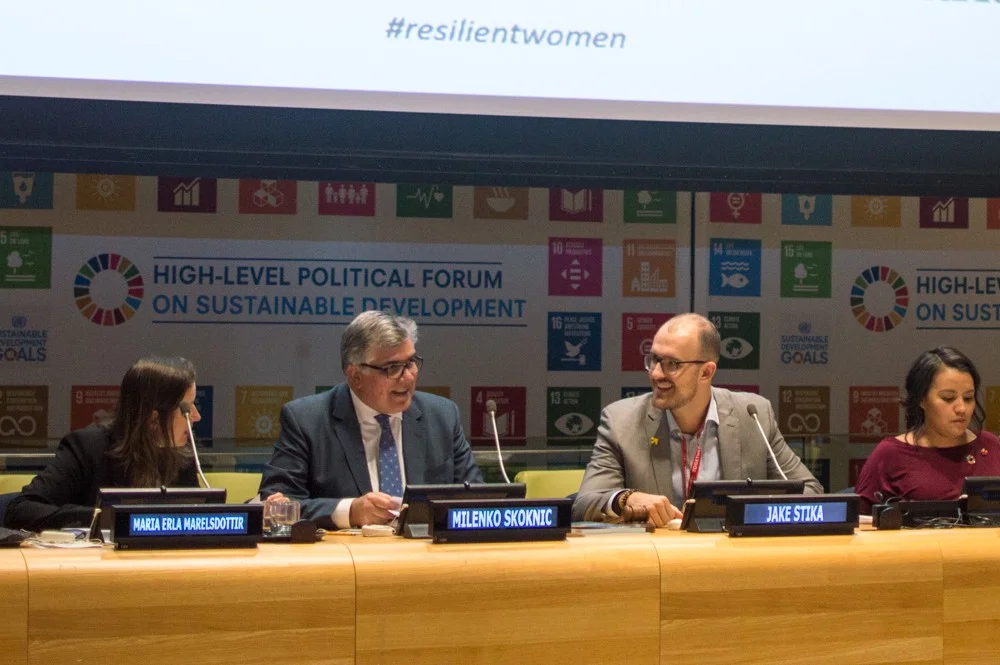Treaties were made to endure—“as long as the sun shines, the waters flow, and grass grows”—because they aren’t about a one-off agreement or exchange. Each Treaty speaks to a relationship that, for those who remember, is just as real today as it was in the 1780s.
Read MoreThe government of Canada has failed to take responsible steps to provide healthcare services to Indigenous people in the past. First Nations have chronically experienced barriers to accessing health care due to shortages in healthcare facilities, equipment, supplies, and staff—which COVID-19 has only worsened.
Read MoreI was too young to remember much, but my parents later told me that they were warned by settlement services about ‘those people’—you know, the urban Indigenous. So began the socialization process that alienates the land we know from Canada’s original inhabitants.
Read MoreThe land itself is scarred, I could see that even while I was growing up. But I wonder about the scars in our relationships between Indigenous and non-Indigenous Treaty people when the Treaties themselves were part of a system of exploitation and resource extraction.
Read MoreIn the midst of COVID-19, young people are having their lives disrupted and their routines thrown out of balance. They are isolated from their friends and experiencing new challenges in mental health. That’s where our program comes in.
Read MoreAs much as I look forward to a world without gender expectations of any kind, I can’t help but wonder if we can weave together a new narrative of what it means to be a man, retro-fitting conventional masculinity to better combat the climate emergency.
Read More#BellLetsTalk is an excellent tool for starting conversations around mental health, to reduce stigma, encourage folks to check in on each other, and seek support themselves. This is an important start, yet true and sustained social progress on mental health will also involve tackling the root causes of poor mental health in the first place.
Read MoreI think what people find most challenging about discussions around feminism and injustice, is they think we are telling a classic good-versus-evil story, of masculinity-bad-femininity-good, where men are the villains and people of other genders are the good guys. We aren't.
Read MoreAs Next Gen Men, we were set to explore why some conversations are more intimidating — and more thorny — than others, and, with the post-Thanksgiving lull in full effect, our group was more intimate than enormous.
What followed was a full and frank conversation of what drew each of us to NGM — how we found it in our community, and how our lives evolved to lead us there.
Read MoreLike I said, I understood that Jon was in pain early on, and I was curious to know why. Over the nearly two years we have known each other, he’s slowly opened up and shared bits and pieces of his story with me, which he has welcomed me to share with you now, too.
Read MoreYesterday I had the privilege and the honour to represent Canada and speak at the UN. I spoke on the work of Next Gen Men & Equity Leaders in engaging men and boys as part of Canada’s “Resilient women, resilient societies” side event at the UN High Level Political Forum on the Sustainable Development Goals.
Read MoreIt wasn’t until dropping off the final students from our last field trip of the year that it hit me, my time developing and delivering programs at NGM was over.
Read More











